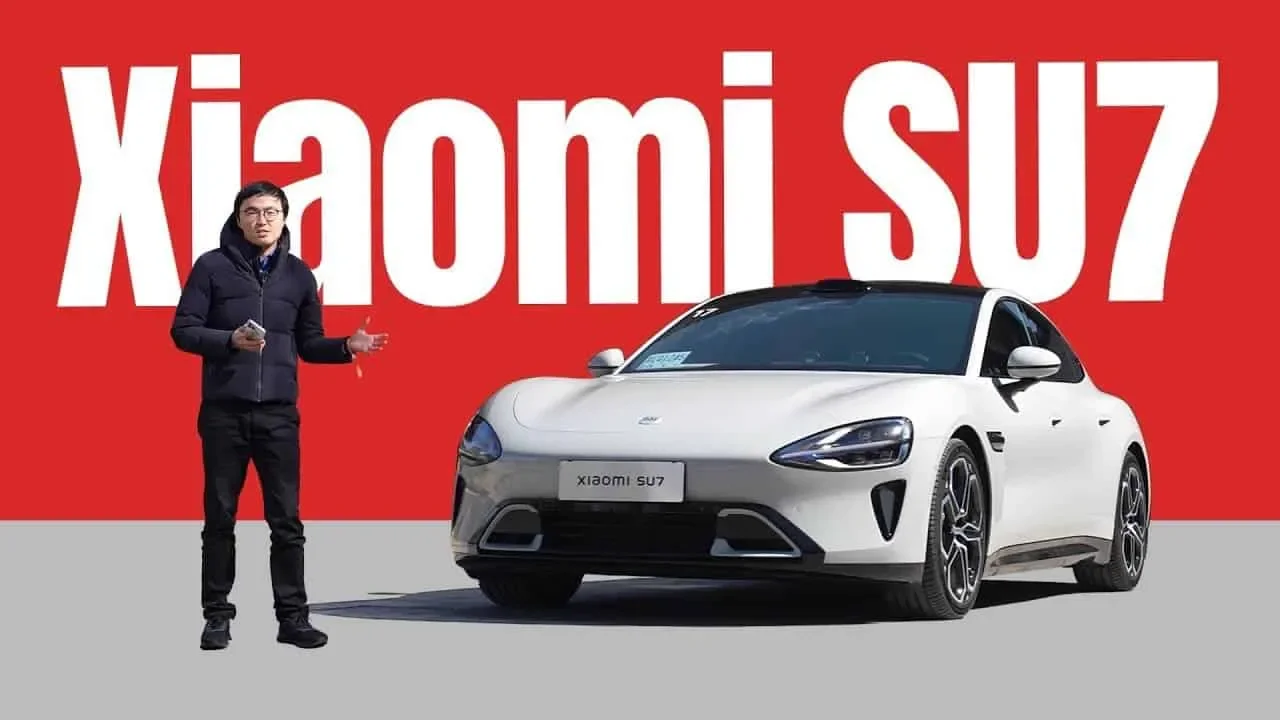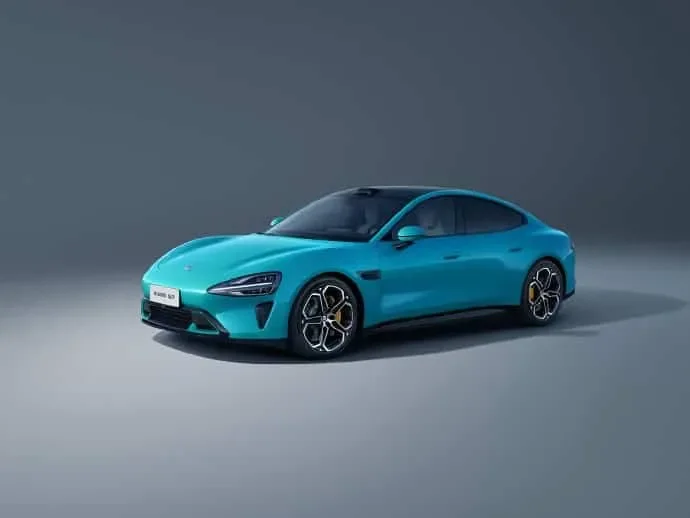When Xiaomi first revealed the SU7 electric car, the response felt more like a gadget drop than a vehicle launch. Many buyers weren’t aiming to drive the car — they were hoping to flip their order for profit. For a while, that gamble paid off: SU7 pre-orders were commanding premiums exceeding RMB 10,000 (roughly €1,200). But that speculative gold rush has now fizzled. Dealers are reportedly buying back SU7 reservations for as little as RMB 1,500 (~€179).

Just months ago, the atmosphere was electric — especially around the YU7 model. Xiaomi claimed it received 240,000 orders within 18 hours, creating a rush of demand. Some buyers, tired of waiting, turned to thirdparty scalpers for early access. Order transfers of the YU7 traded hands for RMB 3,000 to RMB 20,000 (€359 to €2,400), occasionally even at a discount. Given the standard deposit was RMB 5,000 (€598), many early flippers are swallowing heavy losses just to offload their positions.
So what triggered the collapse of this side market? First, speculative overload: too many people entered to flip orders, flooding the market with sellers and starving it of genuine buyers. One auto dealer noted that while people once paid RMB 10,000 above list, now sellers are struggling even when offering RMB 3,000 below.

Second, delivery timelines stretched well beyond acceptable bounds. Some YU7 editions are delayed to nearly 48 weeks. That delay undermined much of the resale appeal. Why pay extra to shift your spot by only a few months? Many decided it’s better to join the official queue and wait.
Third, safety concerns emerged. In Chengdu, an SU7 was involved in a serious collision that resulted in a fire. Local reports claimed that passersby couldn’t open the electronic doors, raising questions about emergency egress and dampening public enthusiasm.
Despite the collapse of the flipping market, demand for the cars themselves remains solid. In the used–car segment, a nearly new YU7 with under 100 km still fetches about RMB 10,000 above original list price. In other words: people want the car — they just don’t want to gamble on a promise.
For Xiaomi, this correction is not a crisis. Its core performance remains strong. In September alone, Xiaomi sold 41,948 EVs, making it China’s second-largest new energy vehicle brand. The company also continues to grow its footprint, with 402 EV stores open across 119 cities nationwide.
Key Points
- The speculative resale market for Xiaomi SU7 and YU7 reservations soared, then collapsed.
- Oversupply of flippers drowned out actual buyers.
- Long delivery delays made speculative buys far less appealing.
- A high-profile safety incident involving an SU7 added to market uncertainty.
- Despite that collapse, the demand for the cars themselves remains strong.
Source from Gizchina
Disclaimer: The information set forth above is provided by gizchina.com independently of Alibaba.com. Alibaba.com makes no representation and warranties as to the quality and reliability of the seller and products. Alibaba.com expressly disclaims any liability for breaches pertaining to the copyright of content.




